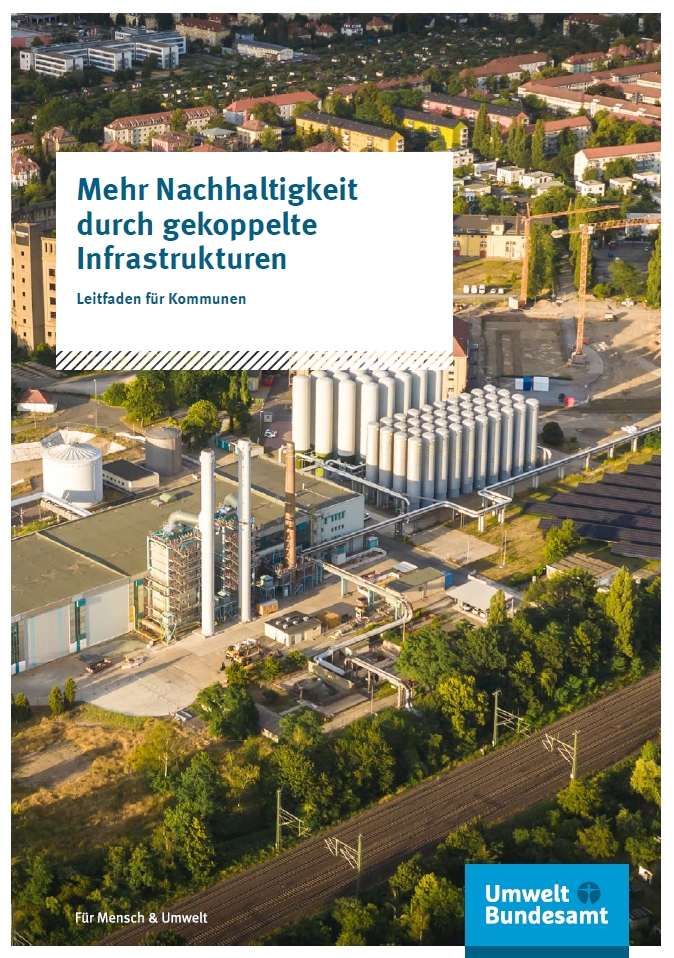Transforming Infrastructures towards Sustainability – lessons learnt from ICT-based peer-to-peer carsharing service Drivy in Germany
- Presentation
- Date
-
- Location
- Geneva, Switzerland
- Speech
The World Resources Forum 2017 entitled "Accelerating the Resource Revolution" was held in Geneva from 24 to 25 October 2017. Ecologic Institute's Mandy Hinzmann presented the TRAFIS project with a lecture on "Transforming infrastructures towards sustainability - lessons learnt from ICT-based peer-to-peer carsharing service Drivy in Germany". The presentation slides are available for download.
Consuming almost 75% of global energy and materials, cities are a focal point for efforts to foster sustainability transitions. Urbanization trends and urban lifestyles require investigating and testing approaches to provide public services in robust, affordable, and resource efficient ways. In this context, the German research project Transformation to Climate Resilient and Resource-conserving Infrastructure (TRAFIS) analyzes innovative options for physically or organizationally coupling infrastructures that foster more sustainable lifestyles. One such option is linking mobility services and information and communication technology (ICT), e.g. through a smartphone app.
The peer-to-peer carsharing service Drivy is an interesting example for coupling mobility service with ICT infrastructures. Drivy was founded in France in 2010 aiming to make better use of existing resources – specifically, of privately owned cars that sit idle for long time periods. Drivy connects car owners and potential users through ICT-based services and provides insurance for the time the private car is rented. With the new technology "Drivy Open", car doors can be opened via smartphone after approval of the owner, thus making car rental more flexible. Drivy started its service in Berlin in 2014 and quickly scaled up to the largest peer-to-peer carsharing platform in Germany, today being available in every city.
Based on literature review and expert interviews, TRAFIS analysed the development of Drivy in Germany and critically reflected its implications for resource consumption. This innovation has potential to transform mobility patterns in Germany. By making peer-to-peer carsharing much more practicable, Drivy facilitates shifting towards multimodal behavior, i.e. using a mix of public transport, bicycle and carsharing offers, depending on what is most practical for the specific route. Thus, this coupling of infrastructure has resource saving potential, but also poses a risk of unwanted rebound effects in case of adding new instead of substituting car trips.




